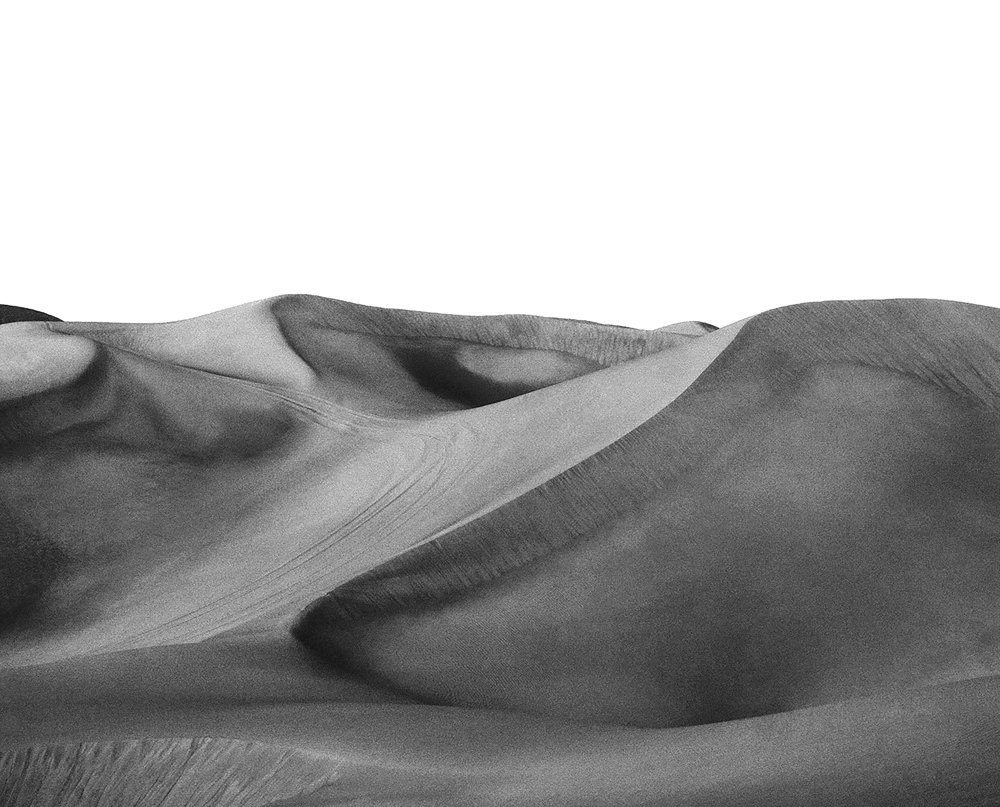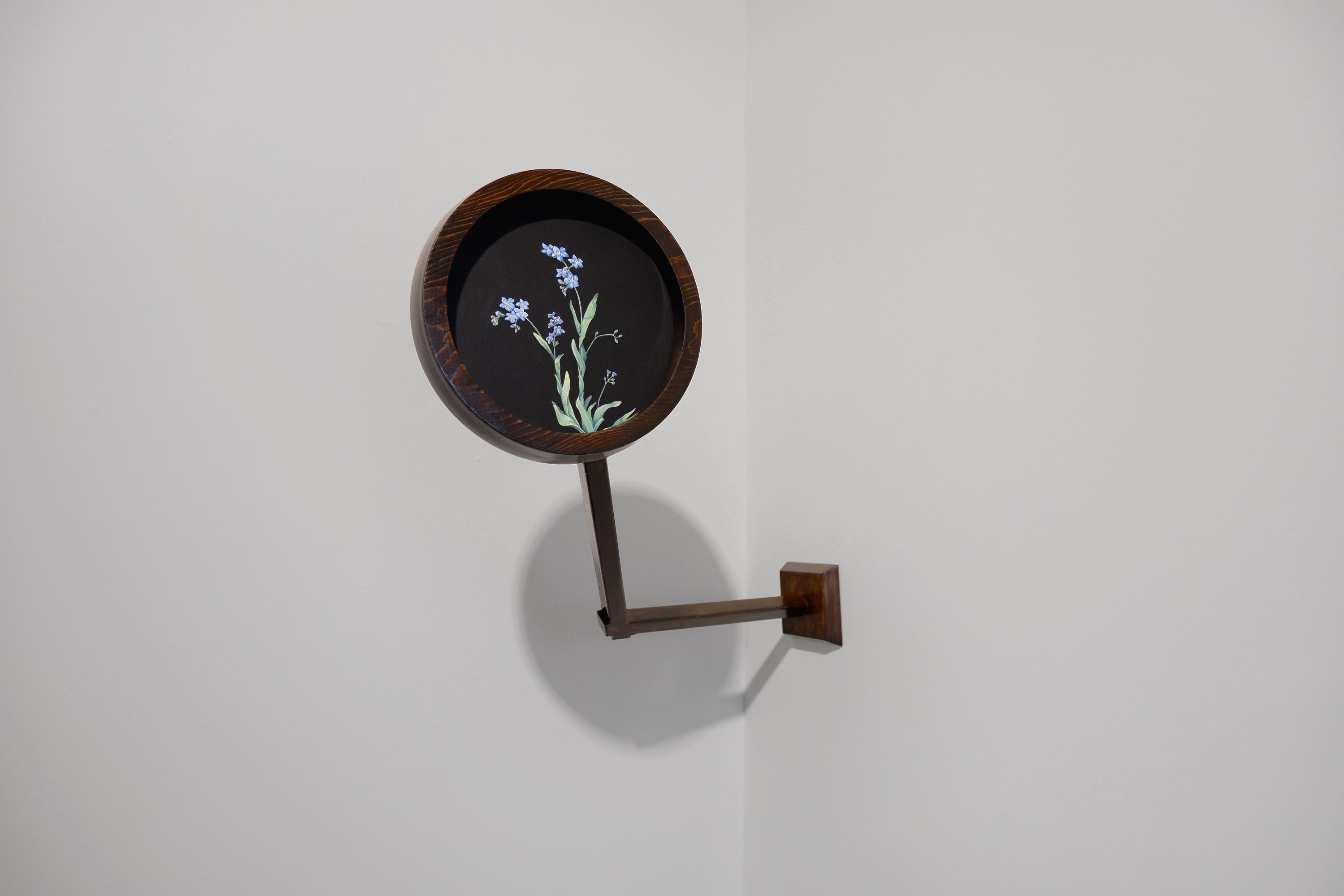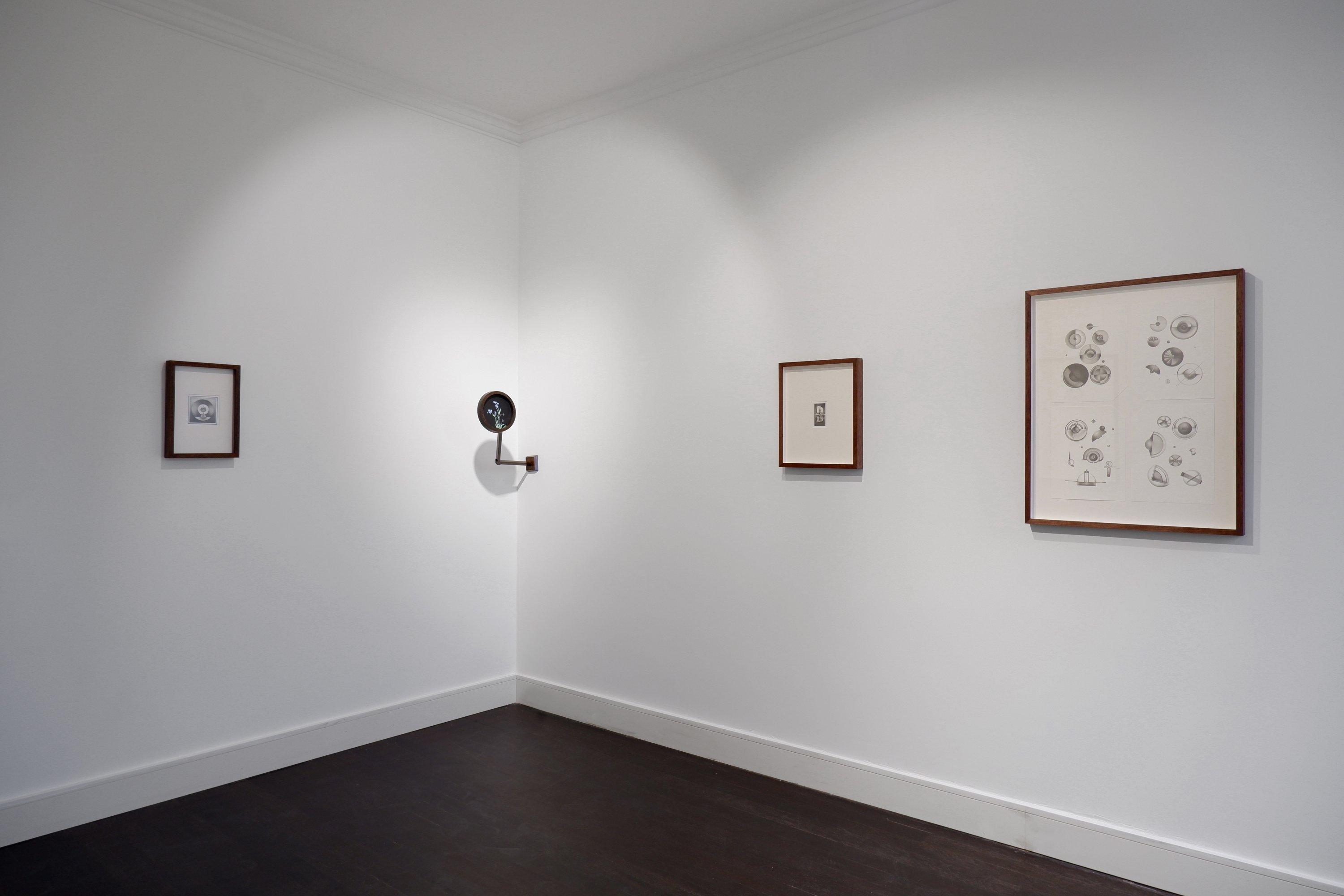© Turkuvaz Haberleşme ve Yayıncılık 2024
Vision Art Platform, owned by Nisa Taşyar Savaş, is hosting two new personal exhibitions spanning three floors of the gallery space.
The exhibition of Jacqueline Roditi titled "The Most Beautiful Hour of the Day" invokes familiar places and memories that accompany the beauty of summer, warmth and tenderness while also opening doors to unexpected moments of uncanniness and contradictions.
On the other hand, the personal exhibition of Şule Nur Alev titled "Non-Plus Ultra Beautiful" invites art goers to new dream spaces with her meticulous use of details and masterful drawings that are divided into pieces through her Core series, simplifying from "Here You Are!" to "Non-Plus Ultra!" where we first witnessed the spaces of dream-mind.
Both exhibitions will be displayed on the entrance and first floor of the gallery space until July 22.

"The Most Beautiful Hour of the Day" exhibition, named after a book written by Jacqueline Roditi but yet to be published, begins with the last page of the book. Roditi's visual narrative often approaches poetry, perhaps for this reason, creating a landscape between delusion and reality. The artist's photographs, outside conventional time, take the audience on walks where regular hours stretch and flow. Timeless desert, sky, lake and road landscapes are accompanied by intertwined human bodies that live in the daily rhythm.
While solitude exists in the landscapes, it disappears in sleep.
In the video installation featured in the exhibition, the artist uses fragmented images of the sea to depict the presence of multiple possibilities and chaos outside and the cycle of loneliness inside. Different reflections on the sea and chaotic sounds abruptly cut off with the rapid loss of the image, giving way to plunging into the depths, introspection and a rumble resembling a heartbeat.
Freckles on the skin, white waves dispersing on the sea, stars in the sky, water and light reflections create a contradiction between lived experiences and dreams. They question their realities by shifting time and ground. And unexpectedly, sometimes blood, sometimes an inward-looking eye, awakens the audience.
"The Most Beautiful Hour of the Day" is a garden walk in which the imaginary feelings that penetrate the soul are suddenly disrupted and are brought back to life by the artist's narrative spread throughout the space. An experience that consciously contains many unfinished stories, revealing only one of the possibilities.

Şule Nur Alev recalled the "Monotip" series in 2018 and the "Habitat and Vivid" series produced in 2021, which are shaped by the perfect order and forms in nature, inviting the exploration of new dream spaces with meticulous detailing and patterns.
Saluting the Renaissance and Baroque painting and engraving detailing, the patterns made with pen on paper, which perhaps force the viewer to approach themselves, make them think about the potentials of the beyond perfection, with a kind of challenge to the nonexistent spaces created by today's artificial intelligence (AI) technologies.
The name of the Alev's exhibition is borrowed from an ancient post-classical Mediterranean aphorism, "Non-Plus Ultra!," which is claimed to have been written as a warning on the Pillars of Hercules on either side of the Strait of Gibraltar, urging ships not to sail further.
The concept, adopted as a metaphor for the oppressive influence of ancient philosophy on the progress of thought during the Renaissance, means "there is nothing ahead" in Latin. With works that boldly wear the meanings of perfection and the ultimate point to be reached, "Non-Plus Ultra/Beyond" includes the results produced by the artist for the past year and the "Here You Are" and "Core" series.

Şule Nur Alev transforms her production into a cognitive thinking practice, contemplating memory, space and the concept of space. In the exhibition "Non-Plus Ultra!," she presents the sphere as a space and explores the relationship between space and personal memory, constructing mental maps and spaces.
Her dream spaces encompass individual and collective expressions, encompassing dreams, cities, habitats and architectural fragments depicted with detailed engravings. The viewers observe the continuity and movement of the world from an external perspective, encountering familiar forms and depictions of objects such as propellers, spheres and gyroscopes that are in constant motion and possess a dynamic existence within themselves.
Alev successfully separates architectural forms and shapes, defying architectural rules and proposing new spatial narratives. Her approach is technically controlled yet mentally fluid. In line with this, the audience is prompted to question whether a fluid and controlled existence is possible within the reality of our own time, space and form.
